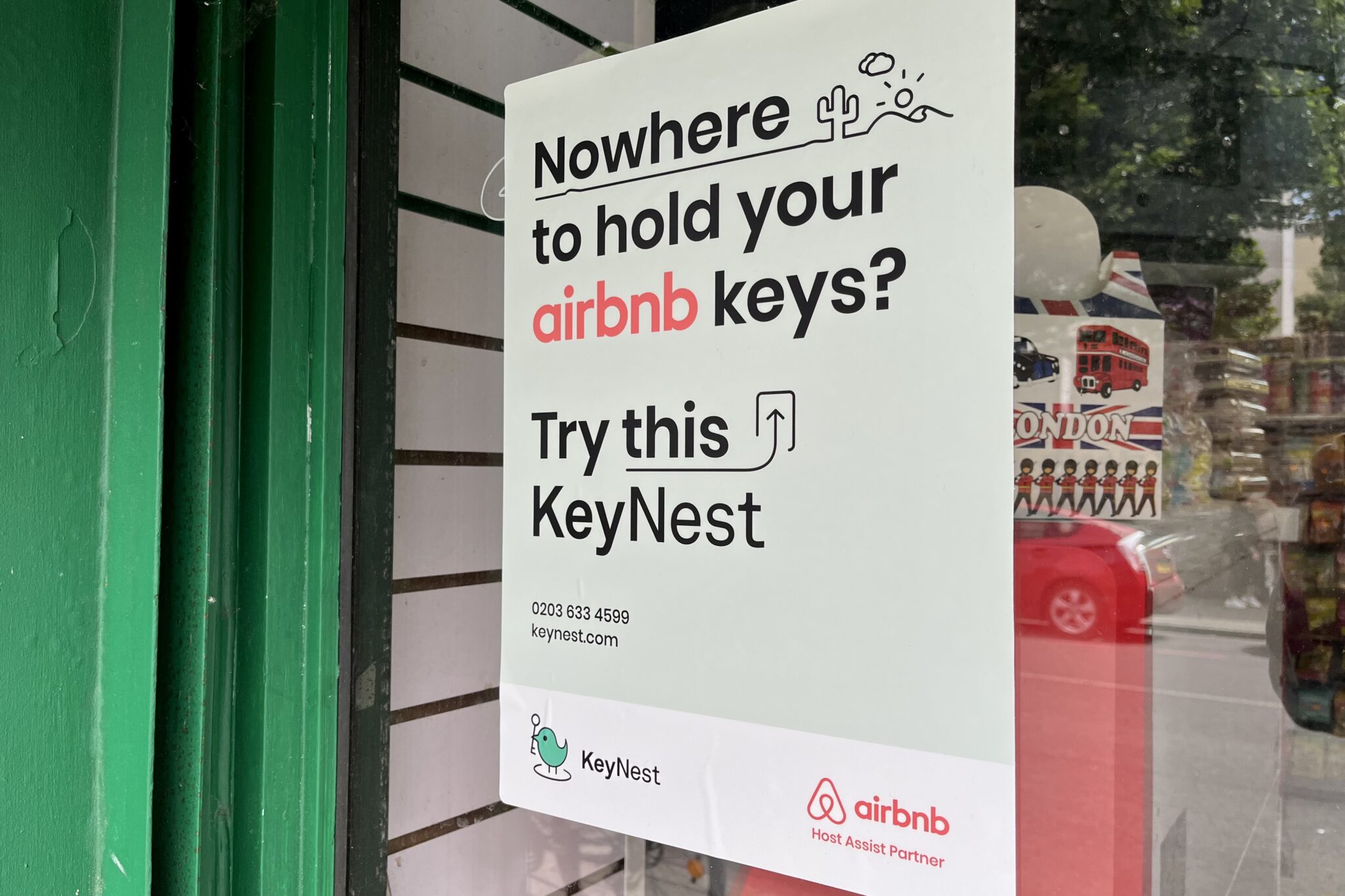The Risks of Short-Term Rental Arbitrage

Skift Take
Earlier this month, Skift published a list of top U.S. cities that offer the potential to profit from short-term rental arbitrage.
The idea: To lock in a long-term lease on a property and collect more than the lease amount by renting it out. The added bonus here, and the “arbitrage” part is that you don’t have to deal with owning the property.
Since then we received feedback from industry experts expressing skepticism about the model and its repercussions on the industry. Skift spoke to Carl Shepherd, who founded HomeAway in the early 2000s and is a prominent board member at several companies including Hostelworld, Turnkey, Edge Resorts, and more.
Shepherd helped unpack the phenomenon of short-term rental arbitrage. To sum it up: He noted that arbitrage increases inventory and if tenants don't have skin in the game, short-term rentals have more potential to do bad than good for a neighborhood.
Below is an excerpt from our conversation.
On Levels of Short-Term Rental Arbitrage
“There's two levels of it (short-term rental arbitrage): There is the corporate Sonder model, where homes are being rented long term, then converted to short term rentals for some fixed periods. I've always thought that model was far too risky, and not a rational business model for the vacation rental industry.”
“The second kind of arbitrage is what people are doing on their own, where you have individual Airbnb hosts going out and renting apartments and homes and then re-renting them as short-term rentals.”
On the Risk Associated With Short-Term Rental Arbitrage
For background, Shepherd noted that when the vacation rental industry began taking roots in the U.S. around the 1960s and 1970s, no one thought of completely offsetting the cost of buying a property for the exclusive purpose of profiting on a vacation rental. He noted that most such homes were purchased for personal use.
“When you remove from the equation the fact that there is skin in the game and capital at risk, that's when the industry begins to get unwieldy. Because now the people who can just decide on a Tuesday that they're going to enter the short-term rental business on Thursday.”
“People did that in spades during the pandemic which pushed inventory through the roof — it wasn't people buying a vacation rental property, it was people who were already renting a property long-term and then re-renting it on Airbnb as a short-term rental. So that created all the extra inventory that we're now having to deal with. So I think arbitrage is a problem for the industry, whether it’s done at a corporate business model level or at an individual level.”
On Oversupply and Competition Challenges
“When you have entered the industry for the purpose of making positive cash flow from day one, it becomes a dicey proposition for short-term rentals.”
“For instance, there are over 11,000 properties in Austin. But we don't have 11,000 properties worth of nightly rentals. So rates have come down. That's going to put all these folks who have arbitrage in deep trouble because they perhaps thought they could charge $500 a night and now they can charge only $300.”
“And if I'm in arbitrage and let’s say, I'm paying $100 a day to rent the apartment long-term, and I think I can make $200 a day when I'm booked, at 80% occupancy I’m fine. But what happens when the rates fall to $150 a day? Now I need a 100% occupancy rate, and that is simply not there.”
“So arbitraging has always been risky in any industry. But it has been damaging in the short-term rental industry, because I think it increased inventory at the time that we saw the inventory went up, that affects the entire industry.”
On The Risk for Landlords
“It would be highly unusual for the landlord in the U.S. to allow tenants to sublet without their permission, because it’s the landlord’s capital that is at risk, especially if no background checks are conducted on the guests staying at the property.”




